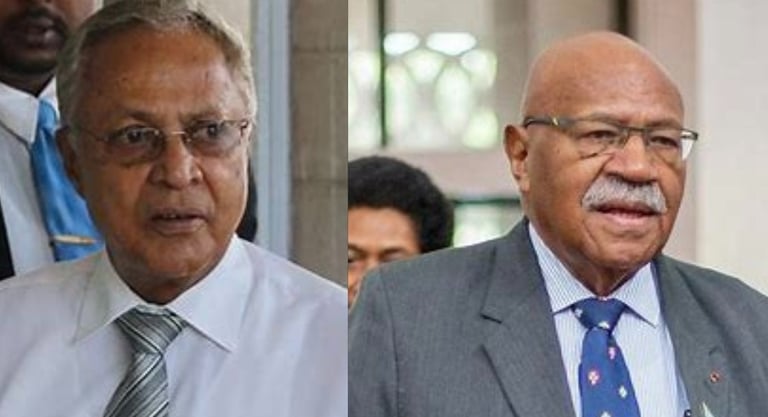Government Allegedly Sitting on Indian Medical Aid Offer
FIJI NEWS


The Fiji Labour Party has raised serious concerns over the Government’s alleged failure to act on a medical aid offer from India, made two years ago, which included dialysis machines and sea ambulances.
Labour claims the offer, intended to ease the burden on Fiji’s under-resourced healthcare system, has been left sitting idle despite the Health Ministry’s ongoing appeals to India for support.
The party is demanding answers from Prime Minister Sitiveni Rabuka and Finance Minister Biman Prasad.
According to Labour, the aid was offered at the same time Indian Prime Minister Narendra Modi announced a 100-bed super-specialty cardiac hospital for the Pacific region to be built in Fiji.
The hospital, valued at US$100 million, is to be fully funded by the Indian Government.
The party has also criticised Finance Minister Prasad for recently claiming the hospital as a Coalition Government initiative during a budget consultation in Nadi.
Labour says the facility is a direct pledge from India under its Act East Policy and South-South Cooperation framework, benefiting the wider Pacific—not just Fiji.
The hospital was part of a 12-point development plan unveiled by Prime Minister Modi at the 2023 Pacific Islands Forum in Papua New Guinea.
Labour’s main concern is the lack of action on the offer of dialysis machines and sea ambulances—equipment the party says would have provided immediate relief for kidney patients and improved emergency services in the outer islands.
With many Fijians struggling to afford dialysis treatment, and rural communities still facing serious access challenges, the party says rejecting—or failing to act on—the offer reflects a worrying lack of urgency.
Labour further claims the Ministry of Foreign Affairs had at the time stated there was “no need” for the aid, an attitude the party describes as lacking compassion and sensitivity toward the medical needs of ordinary citizens.
Now, after two years, the Labour Party is demanding the Coalition Government explain why critical medical equipment remains unaccepted, as calls for improved healthcare services continue to grow across the country.